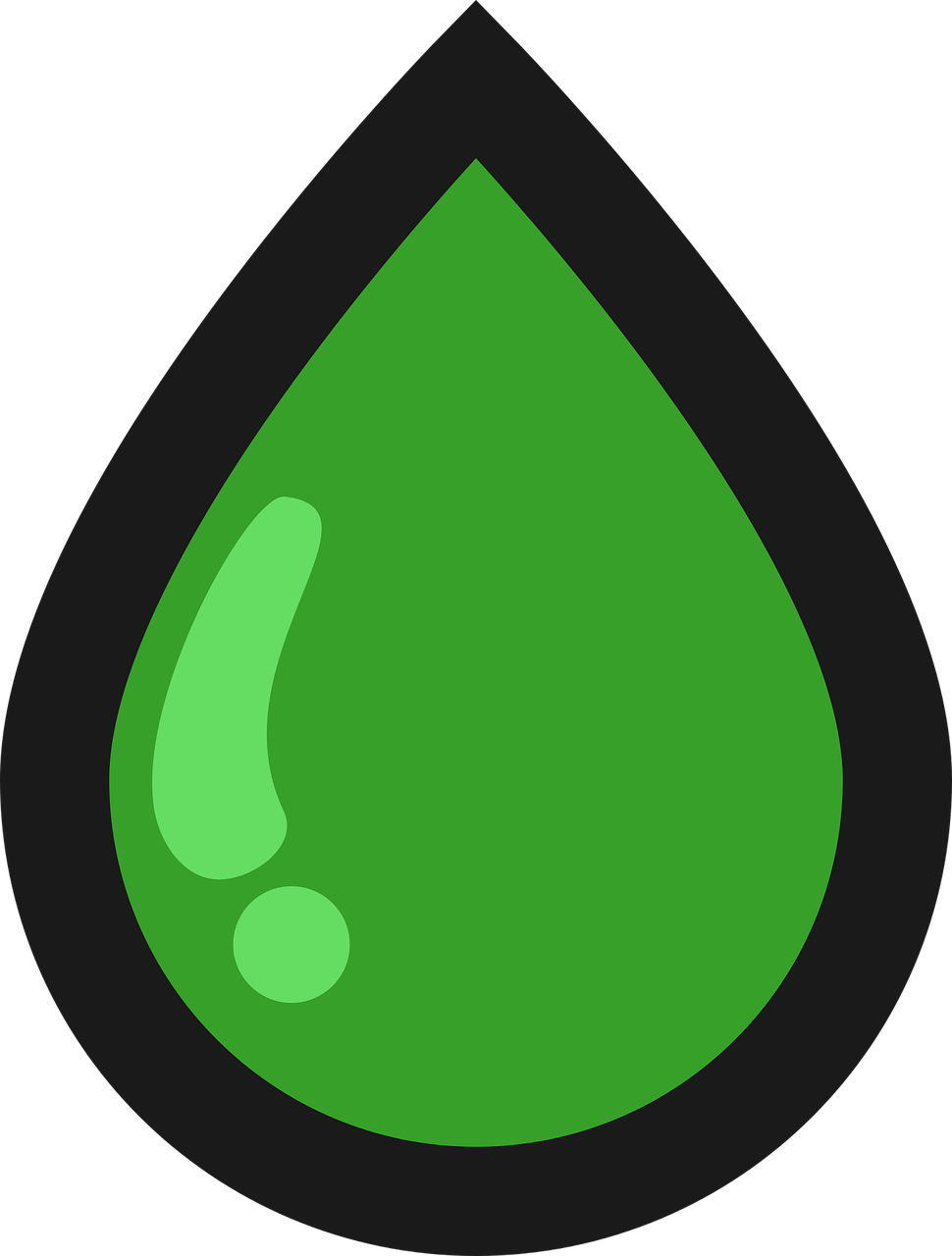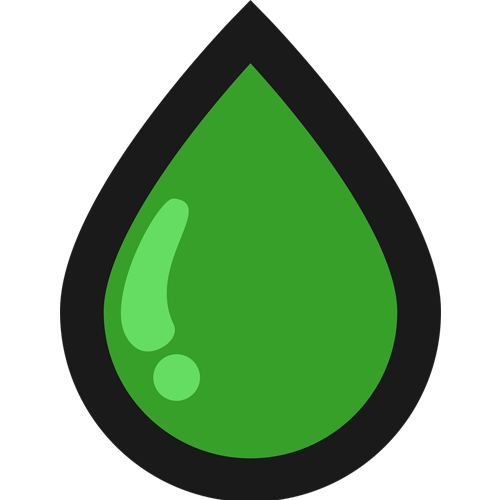Key Takeaways
– CBD consumption is generally legal in Germany as long as it contains no more than 0.2% THC.
– CBD does not have psychoactive effects and does not impair perception or motor skills.
– CBD is not detectable in drug tests, but larger amounts of THC can be detected up to three weeks after consumption.
– Refusing a urine test is voluntary, and without reasonable suspicion, the police are unlikely to take further action.
– Consuming large amounts of CBD with small amounts of THC may result in a positive drug test.
– The outcome of a hair analysis for THC after consuming CBD hash depends on various factors and individual metabolism.
Legal Status of CBD in Germany
In Germany, the purchase, consumption, and carrying of CBD are generally legal as long as the CBD contains no more than 0.2% THC. This low THC content ensures that CBD products do not have psychoactive effects and do not impair perception or motor skills. Therefore, individuals can safely consume CBD without worrying about its impact on their daily activities.
Effects of CBD Consumption
CBD consumption rarely gives rise to suspicion of drug use during police checks, as it does not produce the typical effects associated with THC consumption. CBD does not cause euphoria or alter one’s state of mind. Instead, it is known for its potential therapeutic benefits, such as reducing anxiety, relieving pain, and improving sleep quality. These effects make CBD a popular choice among individuals seeking natural remedies for various health conditions.
Drug Testing and CBD
CBD itself is not detectable in drug tests. However, it is important to note that CBD products may contain trace amounts of THC. While these amounts are typically within legal limits, consuming large amounts of CBD with small amounts of THC may result in a positive drug test. This is because THC can accumulate in the body over time and be detected in urine tests.
Drug Testing Methods
There are different methods of drug testing, including urine tests and hair analysis. Urine tests are commonly used during police checks, and individuals have the right to refuse a urine test. Without reasonable suspicion, the police are unlikely to take further action. However, if there is a reasonable suspicion of drug use, refusing a urine test may lead to more serious consequences.
Hair analysis is another method used for drug testing. THC can be detected in hair follicles for a longer period compared to urine tests. The rate at which THC is metabolized varies depending on factors such as the ratio of CBD to THC and individual metabolism. Therefore, it is difficult to predict the outcome of a hair analysis for THC after consuming CBD hash.
Conclusion
In conclusion, CBD consumption is generally legal in Germany as long as it contains no more than 0.2% THC. CBD does not have psychoactive effects and does not impair perception or motor skills, making it safe to consume and drive after consumption. While CBD itself is not detectable in drug tests, larger amounts of THC can be detected up to three weeks after consumption. It is important to be aware of the potential risks of consuming CBD products with small amounts of THC, as it may result in a positive drug test. Understanding the different drug testing methods and their limitations can help individuals make informed decisions regarding CBD consumption and potential drug tests.



